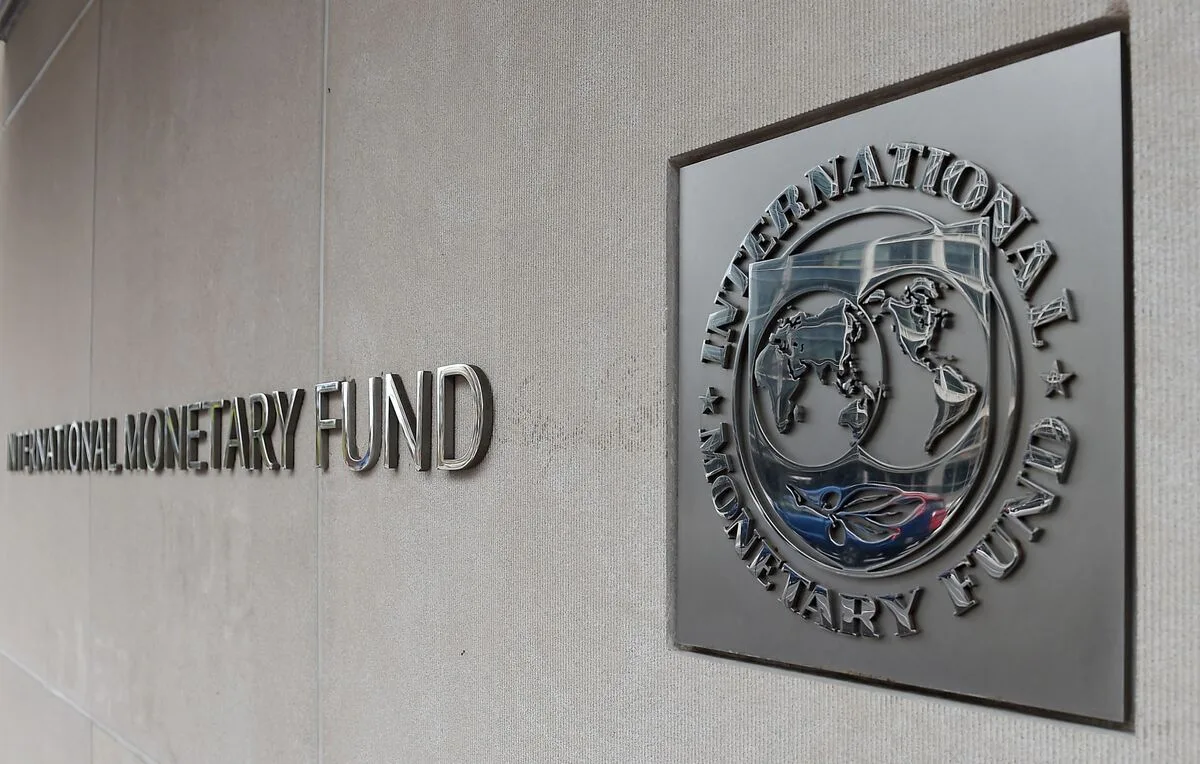Krishna Srinivasan, the IMF Director for Asia Pacific, emphasized the importance for Asian central banks to maintain a steadfast focus on domestic price stability rather than being overly swayed by anticipated interest rate adjustments by the Federal Reserve.
Highlighting the relatively lower inflation rates in Asia, Srinivasan underscored that Asian economies are better equipped to manage exchange rate fluctuations due to improved macro fundamentals and institutional frameworks. He stressed the significance of allowing exchange rates to serve as a buffer against economic shocks.
These remarks were delivered during Srinivasan’s opening speech at the IMF’s Regional Economic Outlook for Asia and Pacific.
Earlier this week, the State Bank of Pakistan’s Monetary Policy Committee opted to keep interest rates at a record high of 22 percent, a decision that aligns with similar cautious approaches adopted by central banks worldwide. This decision was influenced by a notable decline in inflation during the first quarter of 2023-24.
Despite sustained high interest rates in the US, Finance Minister Muhammad Aurangzeb expressed confidence, stating that while the Fed’s decisions are important for the US, most central banks globally are considering rate cuts in the near future.
Regarding China, Srinivasan acknowledged the country’s significant influence on regional economic dynamics, citing both positive and negative impacts. He noted that policies addressing challenges in the property sector and stimulating domestic demand could benefit both China and the broader region. However, he cautioned against sectoral policies exacerbating excess capacity, which could adversely affect China and neighboring economies. He also highlighted the risks associated with geoeconomic fragmentation.
Srinivasan further cautioned against the unintended consequences of rising industrial policies in Asia and globally, emphasizing the potential for trade distortions and reinforcing economic fragmentation.



